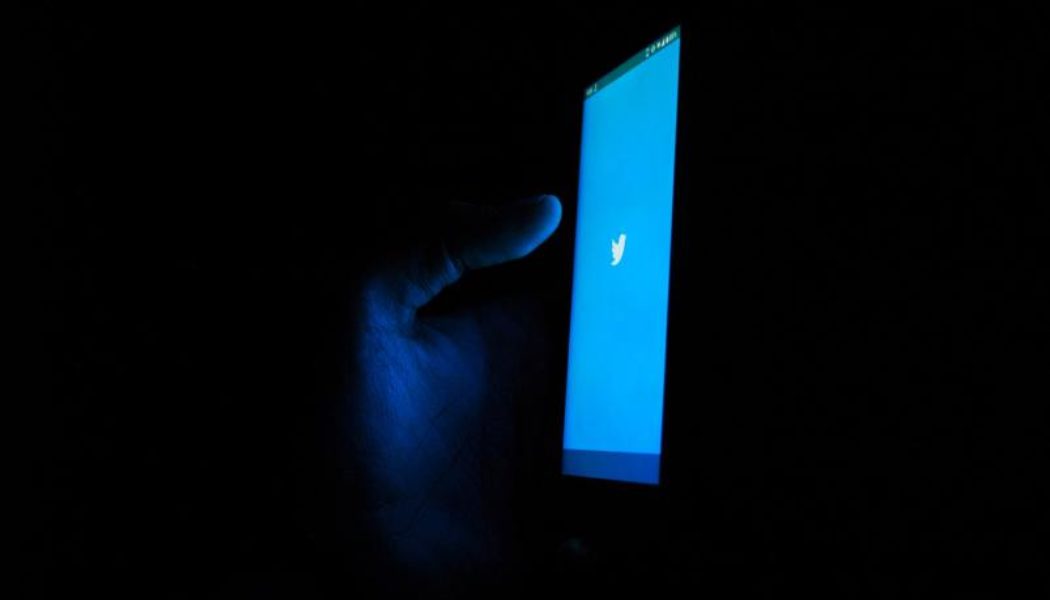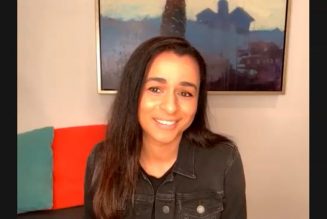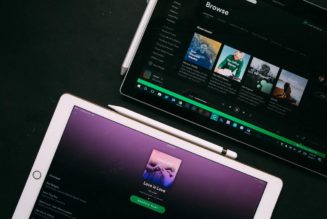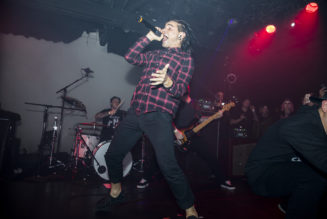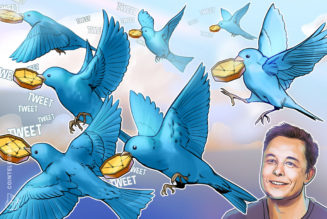
In a letter to Jack Dorsey, members of Congress are demanding Twitter address the pervasive problem of copyright infringement on its platform.
The bipartisan letter, signed by 22 members of Congress, cites an astounding figure as the basis for the correspondence. According to Twitter itself over 1.6 million copyright infringement notices were reportedly received in the first half of last year alone.
According to the letter, this is mainly due to the company’s lack of licensing, an issue that has been raised more frequently as of late with regard to large tech companies. One such company to get caught in the crosshairs recently has been Twitch, which has been the subject of numerous waves of DMCA takedowns due to insufficient licensing infrastructure.
As a result, lawmakers have requested answers to three key questions from Jack Dorsey, Twitter’s co-founder and CEO. The first question inquires whether Twitter will implement tools for creators to identify instances of potential infringement. The second asks how the platform will take action in a timely manner to address infringement. Finally, lawmakers asked whether Twitter will implement technologies to identify the potential for infringement more proactively on its platform.
Congress has requested a response from Jack Dorsey by August 27th. Check out the full letter, as reported by Digital Music News, below.
Mr. Jack Dorsey
Chief Executive Officer
Twitter, Inc.
1355 Market St #900
San Francisco, CA 94103
Dear Mr. Dorsey:
We write to you regarding the ongoing problem of copyright infringement on Twitter and the platform’s apparent refusal to address it.
Recommended Articles
Creative content drives engagement on Twitter, yet unlike numerous other platforms, Twitter has not acquired licenses necessary to ensure that all creators are properly compensated for use of their works. Twitter claims it is not a primary destination for sharing music; however, musicians comprise many of the most-followed accounts on the platform. The problem of infringement is well-documented. For example, in the first half of last year alone, Twitter itself reported receiving notices identifying 1.6 million infringements.
Additional infringing content almost certainly goes undiscovered as Twitter has taken the unprecedented step of charging creators for a fully functional search API that can identify instances infringement at scale. To be clear, the standard API Twitter offers free of charge is of such limited functionality that it cannot provide meaningful results at the scale of infringement occurring on the platform. While Twitter offers a more sophisticated API to academic researchers for free, it denies these tools to creators whose infringed works help generate revenue for the company. Between refusing to pay creators for their works and obstructing their discovery of infringing works, it appears that unauthorized use of copyrighted works is an unacknowledged part of Twitter’s business model.
The addition of Twitter’s Tip Jar feature, which permits users to send electronic payments to posters, demonstrates a lack of understanding and respect for the rights holders involved in the content posted on Twitter. A more targeted measure that would indeed help its users benefit from their creativity, would be for the company to pay to license the content on its platform. Not only would this improve user experience by granting lawful access to copyrighted works, but it would also ensure that rights holders are properly compensated for their contribution to the content.
Entering into licensing agreements would thus avoid the status quo in which creators rely on crowd-funded donations while Twitter continues to profit from infringement of their works.
Given the pervasiveness of this issue, we would like to have a better understanding of how Twitter intends to effectively address these concerns. Specifically:
1. What will Twitter do to enable content owners to meaningfully search for and identify infringement of their works at a scale commensurate with the amount of infringing tweets occurring on the platform at no additional cost to them?
2. Tweets can be uploaded in a fraction of a second, and hundreds of millions are posted to Twitter every day. What is Twitter doing to ensure that takedown notices are addressed in a manner that corresponds with that speed and volume?
3. Will Twitter add robust content protection technology across all of its platforms and implement it effectively to decrease the posting and reposting of infringing content?
We appreciate your continued attention to our concerns and look forward to your responses to these questions by August 27, 2021.

